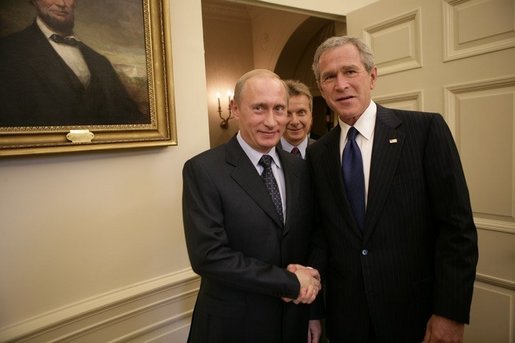
He contended that imposing tariffs on Russia’s trading partners would raise global energy costs, which in turn could compel the U. S. Federal Reserve to maintain high interest rates—and thereby suppress growth in the American economy. Putin told assembled global security and geopolitical experts that attempts to penalise nations for trading with Russia risk “backfiring” on Washington.
Putin framed the U. S. pressures not merely as economic coercion but as a violation of sovereign decision-making. He warned that Washington’s strategy might drive energy prices globally, undermining stability and strengthening the hand of nations resisting U. S. diktats. He said India and China would not permit themselves to be “humiliated” under such external influence, invoking what he called their historical strength and independent posture.
Turning to India directly, Putin struck a measured but pointed tone of confidence in New Delhi’s leadership. He praised Prime Minister Narendra Modi as a “wise and balanced” strategist unlikely to yield to external pressure. He declared that if India were to drop Russian energy supplies, it would incur losses—both economic and reputational—in the eyes of its citizens.
Behind the rhetoric lies a more practical manoeuvre: Putin also issued directives to his government to address the trade imbalance that has emerged as India imports vast quantities of Russian crude while exporting much less in return. He floated measures such as expanding Russian purchases of Indian agricultural goods and pharmaceuticals, improving payment and logistics arrangements, and setting up joint funds for advanced technologies.
India is already Moscow’s largest buyer of seaborne Russian crude, a status that has drawn repeated admonitions from Washington. The U. S. escalated its pressure by doubling tariffs on Indian goods to 50 per cent, citing New Delhi’s continued imports of Russian energy. New Delhi has defended its policy as a matter of energy security and fairness, rejecting accusations that it is abetting the Russian war effort.
Analysts note that Putin’s remarks serve multiple aims: to bolster Russia’s diplomatic relationship with India and China, to cast U. S. tariff policy as self-defeating, and to encourage trading partners to resist Washington’s coercive economic instruments. By positioning the U. S. as vulnerable to backlash, Putin seeks to shift the narrative from Moscow as the target of sanctions to Washington as the risk-taker.
In parallel, Russia has also signalled intent to further deepen strategic ties with India. Putin is expected to visit India in December for a bilateral summit—his first since the escalation of conflict in Ukraine. The December visit is widely anticipated to witness fresh agreements on defence cooperation, energy trade, and technology collaboration, particularly in areas where India faces constraints due to Western sanctions.
Observers caution, however, that the success of Putin’s appeal depends on the willingness of third-party nations to resist U. S. economic pressure. While India maintains a policy of strategic autonomy, New Delhi must also manage its complex relationships with both the U. S. and Russia. Any overt alignment against Washington could incur costs—not least through sanctions, trade disruptions, or diplomatic friction.
